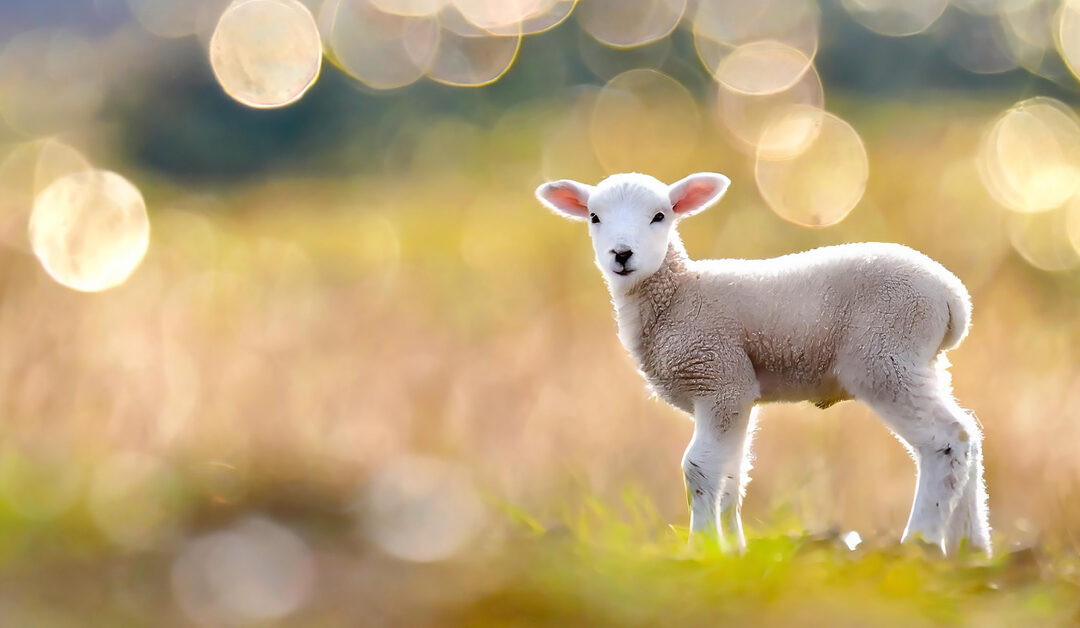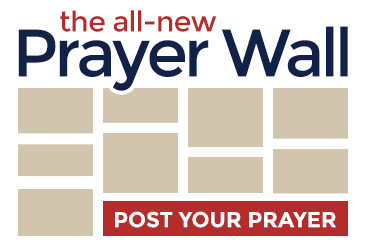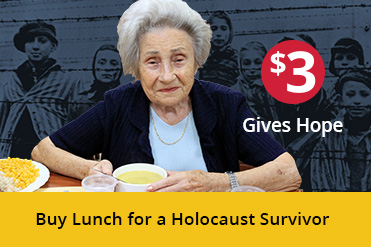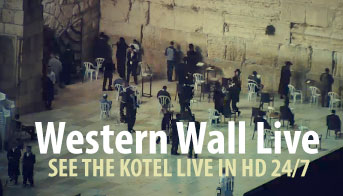Each Jewish family was instructed to keep the Passover, but because of the variation in size and resources, not every family was big enough to eat a whole lamb (nothing was allowed to be left over) and not everyone would be able to get a lamb. In those cases, God instructed Moses to tell the people to share what they had with their neighbors. “If a family is too small to eat a whole animal, let them share with another family in the neighborhood. Divide the animal according to the size of each family and how much they can eat” (Exodus 12:4, NLT).
This is not just something that matters at Passover. Instead, a spirit of generosity and care for the needs of others should characterize every day of our lives. Hundreds of years after that first Passover, when the Israelites returned to Jerusalem following their captivity in Babylon, they faced many challenges. Once the walls had been rebuilt, the people met together to hear the Law of God and celebrate the Feast of Tabernacles (Sukkot). Just as Moses had instructed earlier, Nehemiah commanded the people to share what they had. “And Nehemiah continued, ‘Go and celebrate with a feast of rich foods and sweet drinks, and share gifts of food with people who have nothing prepared. This is a sacred day before our Lord. Don’t be dejected and sad, for the joy of the LORD is your strength!’” (Nehemiah 8:10, NLT).
The spirit of Passover is seen every time we reach out in love to help the needy. The spirit of Passover is seen every time we provide food, medicine, warm clothing, and even housing for poor Holocaust survivors. The spirit of Passover is seen each time we touch the lives of the survivors and the families of victims of terror attacks. Through the support of our friends and partners, the Jerusalem Prayer Team is showing the spirit of Passover day after day—not only in Israel but around the world.







